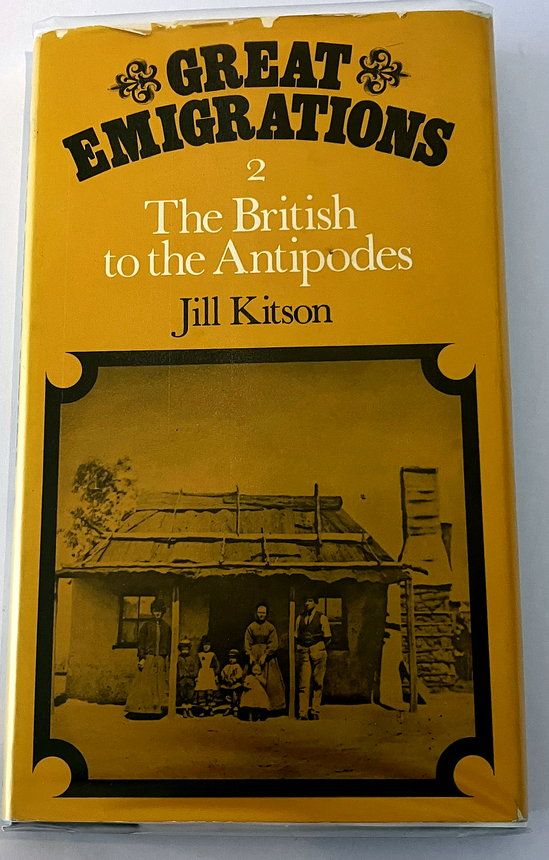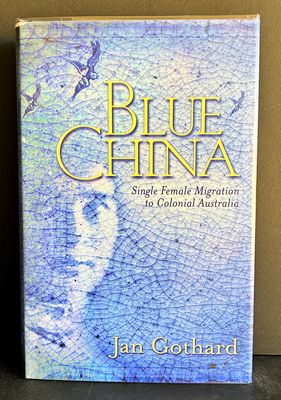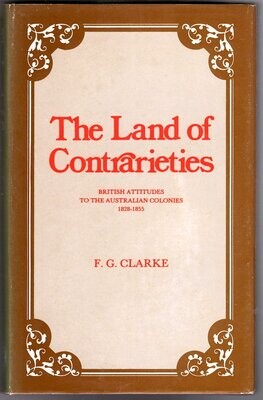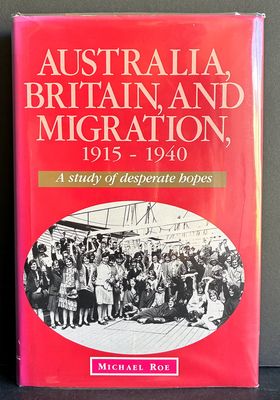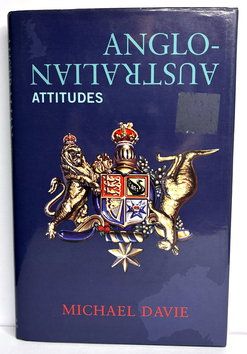Great Emigrations 2: The British to the Antipodes by Jill Kitson
Book Description
Secondhand.Good condition. Wear to book corners and edges, particularly tail edge. Dust jacket has creasing at edges and at spine. Price clipped. Interior and binding are still very good.
This book is the second volume in a series on emigration from the United Kingdom to different countries around the world.
The Great Emigration series does not merely cover the dry-as-dust historical facts relating to mass population movements, but the social implications and the reasons that impelled people to leave their homeland.
The British to the Antipodes' features chapters on convict pioneers, transformation from a penal settlement to a pastoral colony, assisted passages and systematic colonisation amongst others. The book also contains a series of illustrations and maps.
Pickpockets and thieves from the slums of eighteenth-century Britain pioneered Australia: convicts shipped out under governmental and military guard, without the vital assistance of farmers or skilled craftsmen, without efficient tools or breeding stock, without adequate supplies of clothing, medicine, or food. Yet the settlement survived its first desperate five years and, in the early years of the nineteenth century, began to prosper as the great wool industry developed.
With the introduction of assisted emigration in the 1830s, a stream of British paupers flowed into New South Wales, to be followed twenty years later by an unprecedented influx - the independent and ambitious gold diggers - seeking their fortunes on the gold fields of Australia and later New Zealand.
By the turn of the century, many first-generation Australian and New Zealanders were anxious to demonstrate their independence. Yet despite the distance national characteristics of each country, arising mainly from the differing emigration patterns, their ties with the 'Old Country' remain.

